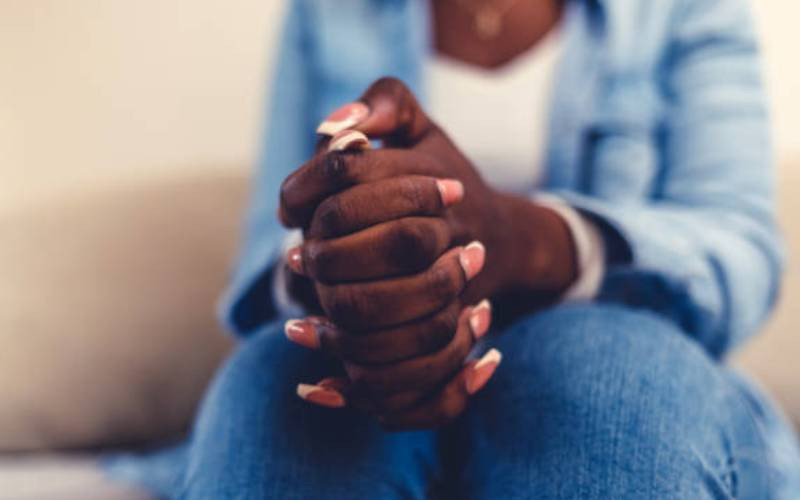×
The Standard e-Paper
Join Thousands Daily

Gender-based violence (GBV) is a scourge that continues to plague our society, with women being the most affected.
It is disheartening to note that even in the 21st century, women who report cases of GBV are often stigmatised and subjected to further trauma.